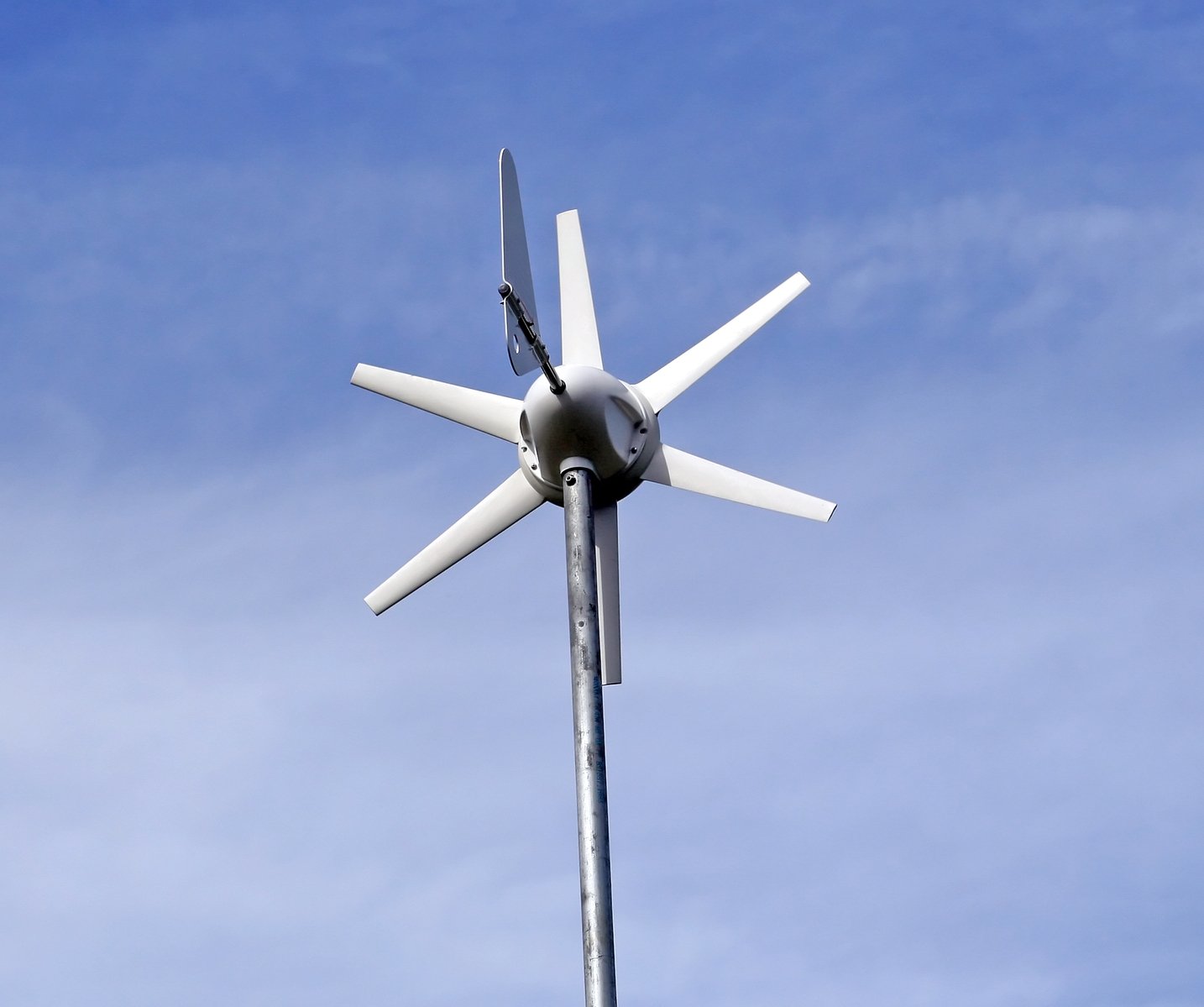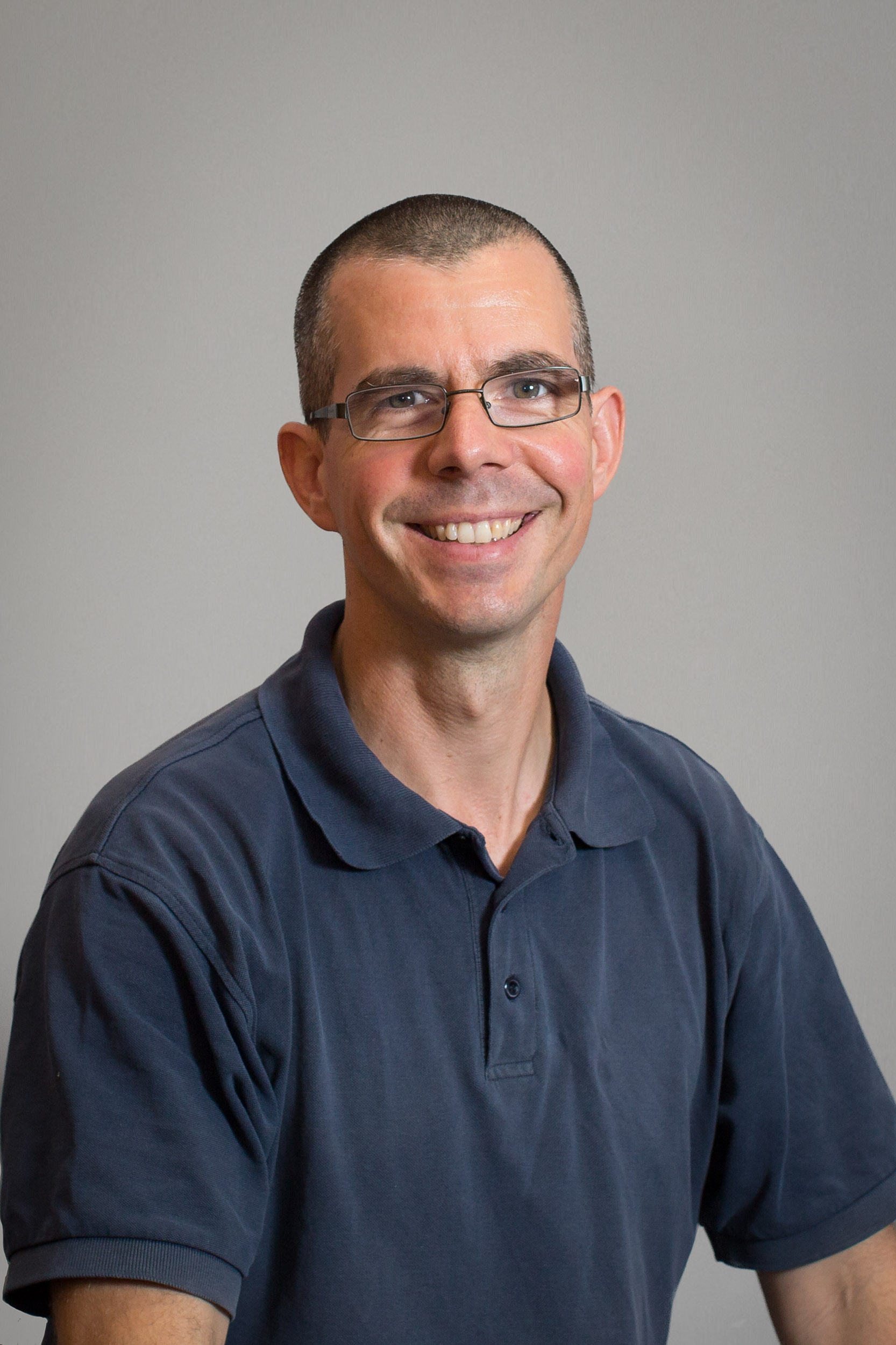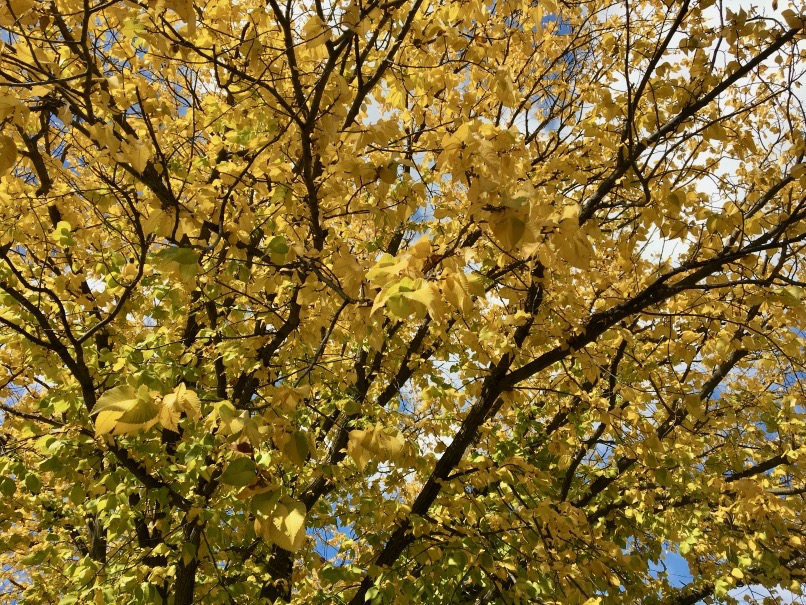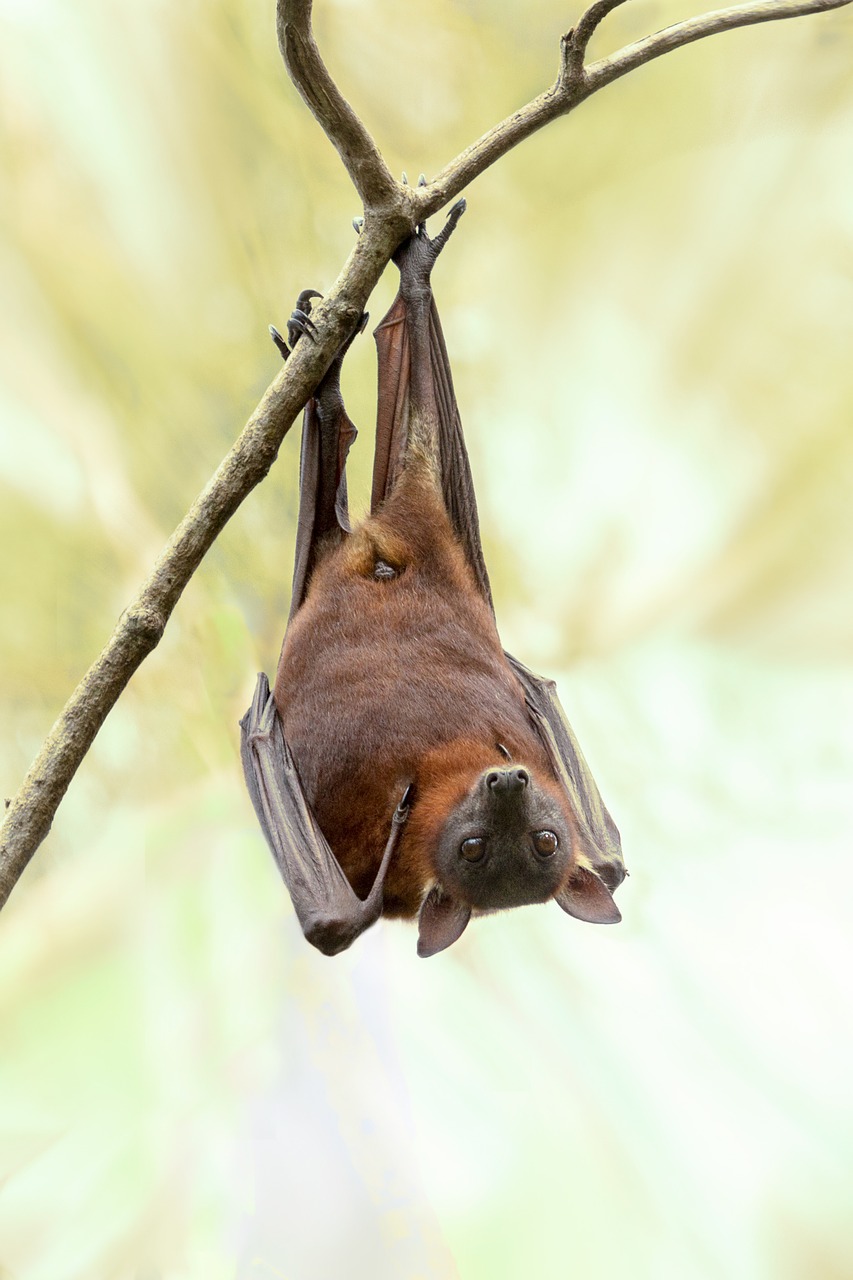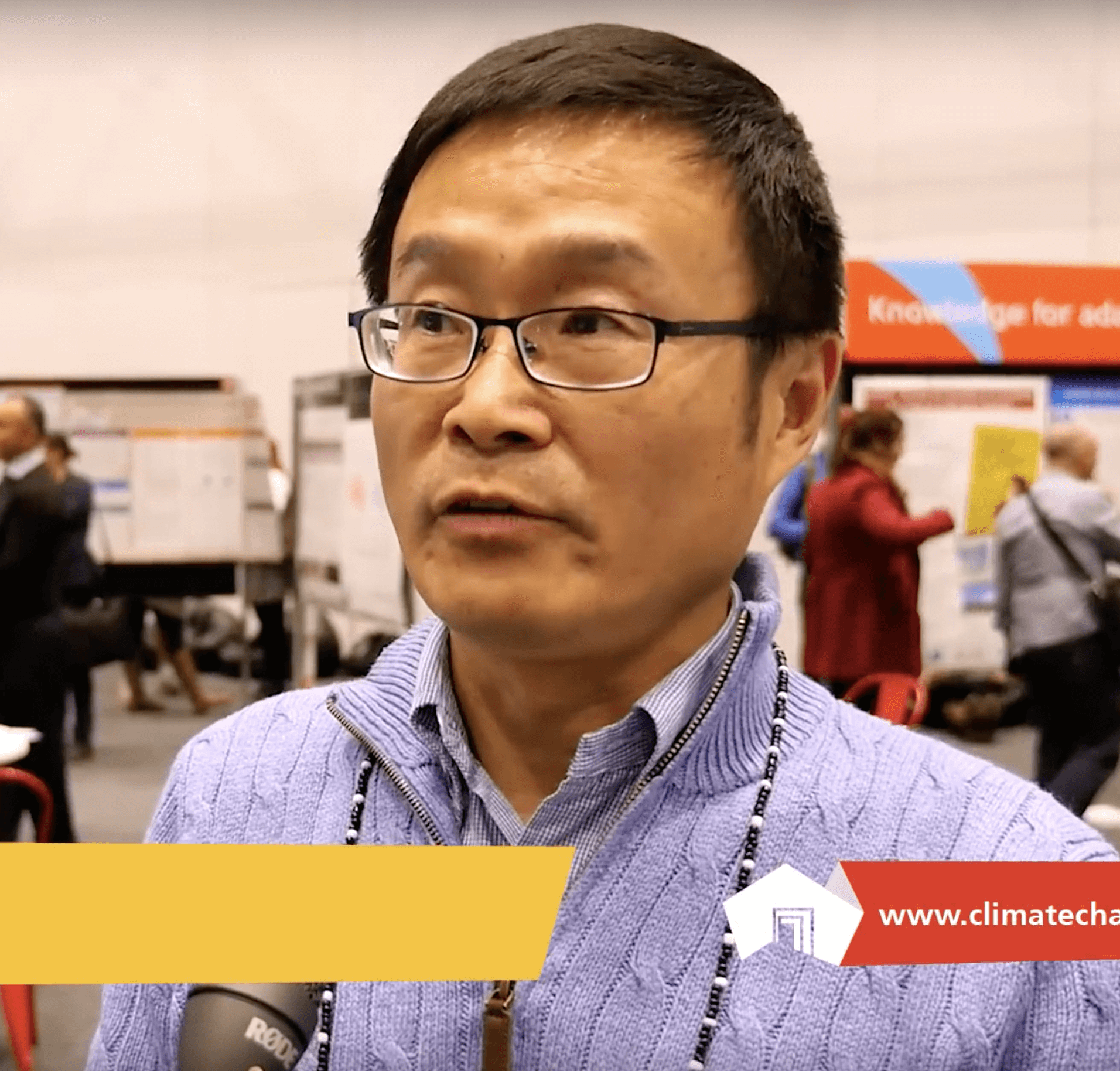BLOGS WEBSITE
Category: Public Health
The risks to Australia of a 3°C warmer world – new report launched
Researchers at the University of Adelaide have joined a group from the National Academy of Sciences to show the importance of Australia revisiting climate change targets to stay well below a 2°C increase. This Warmer World Report synthesises the observed impacts of climate change on Australia and the risk to our future of the current […]
Comments Off on The risks to Australia of a 3°C warmer world – new report launched
EVENT: Join us at ‘Pints of Ideas’ to discuss the plastic pollution problem and solutions
Join the Environment Institute and Ecoversity to discuss the problem of plastic pollution. This inaugural Pints of Ideas event, is an environmental pub-talk series brought to you University’s Ecoversity program.The first session will explore ‘How big is the plastic pollution problem and what can we do about it?’ Hear about the solutions in research, policy […]
Comments Off on EVENT: Join us at ‘Pints of Ideas’ to discuss the plastic pollution problem and solutions
Reducing artificial light at night may improve health
There is a growing body of evidence that exposure to green space is good for our health but a new study from the University of Adelaide has found that this may equally be due to how much light we are exposed to at night. Spending time in green space can improve depressive symptoms, obesity, and […]
Comments Off on Reducing artificial light at night may improve health
Environment Institute members shine with multiple ARC Discovery Projects funded for 2021
We are delighted to share the achievements of our members, with many receiving funding during the latest ARC Discovery Projects 2021 round 1. Congratulations to the efforts of our sensational team. Images shown are of Environment Institute members. Evolution and function of mammalian sex chromosomes. Professor Frank Gruetzner; Associate Professor Paul Waters; Professor Jennifer Graves; […]
Comments Off on Environment Institute members shine with multiple ARC Discovery Projects funded for 2021
A better immune system from returning to the wild
A research team led by the University of Adelaide has found that revegetation of green spaces within cities can improve soil microbiota diversity towards a more natural, biodiverse state, which has been linked to human health benefits. In the study, published in the journal Restoration Ecology, researchers compared the composition of a variety of urban […]
Comments Off on A better immune system from returning to the wild
Associate Professor Phill Cassey featured on News.com.au about China’s wet markets
Associate Professor Phill Cassey spoke about the possibility of China’s wet markets being the source of COVID-19. The article featured on News.com.au spoke about China’s wet markets which are better known in other cities as fresh food or farmers’ markets selling vegetables, fruit, seafood and meat fresh straight from the growers to the public. Wet markets […]
Comments Off on Associate Professor Phill Cassey featured on News.com.au about China’s wet markets
A/Prof Patrick O’Connor featured in Canberra Times opinion piece on a Landcare-led recovery
Active Chair of the National Landcare Network, Associate Professor Patrick O’Connor spoke to Canberra Times about Landcare being the social movement for change over the past 30 years. Tens of thousands of Australians join Landcare as a way to actively participate and give back to the community. Working in the environment allows them to feel connected […]
Comments Off on A/Prof Patrick O’Connor featured in Canberra Times opinion piece on a Landcare-led recovery
Professor Peng Bi joins expert panel, urging government to adopt ‘Go now, go hard and go smart’ strategy
Group of Eight universities have recommended the government take quick, decisive action to stop the spread of COVID-19. Professor Peng Bi is one of two University of Adelaide representatives, to report the coronavirus advice of a panel of experts from Group Of Eight universities. Based in Public Health, Professor Peng Bi’s primary research interest is the […]
Comments Off on Professor Peng Bi joins expert panel, urging government to adopt ‘Go now, go hard and go smart’ strategy

